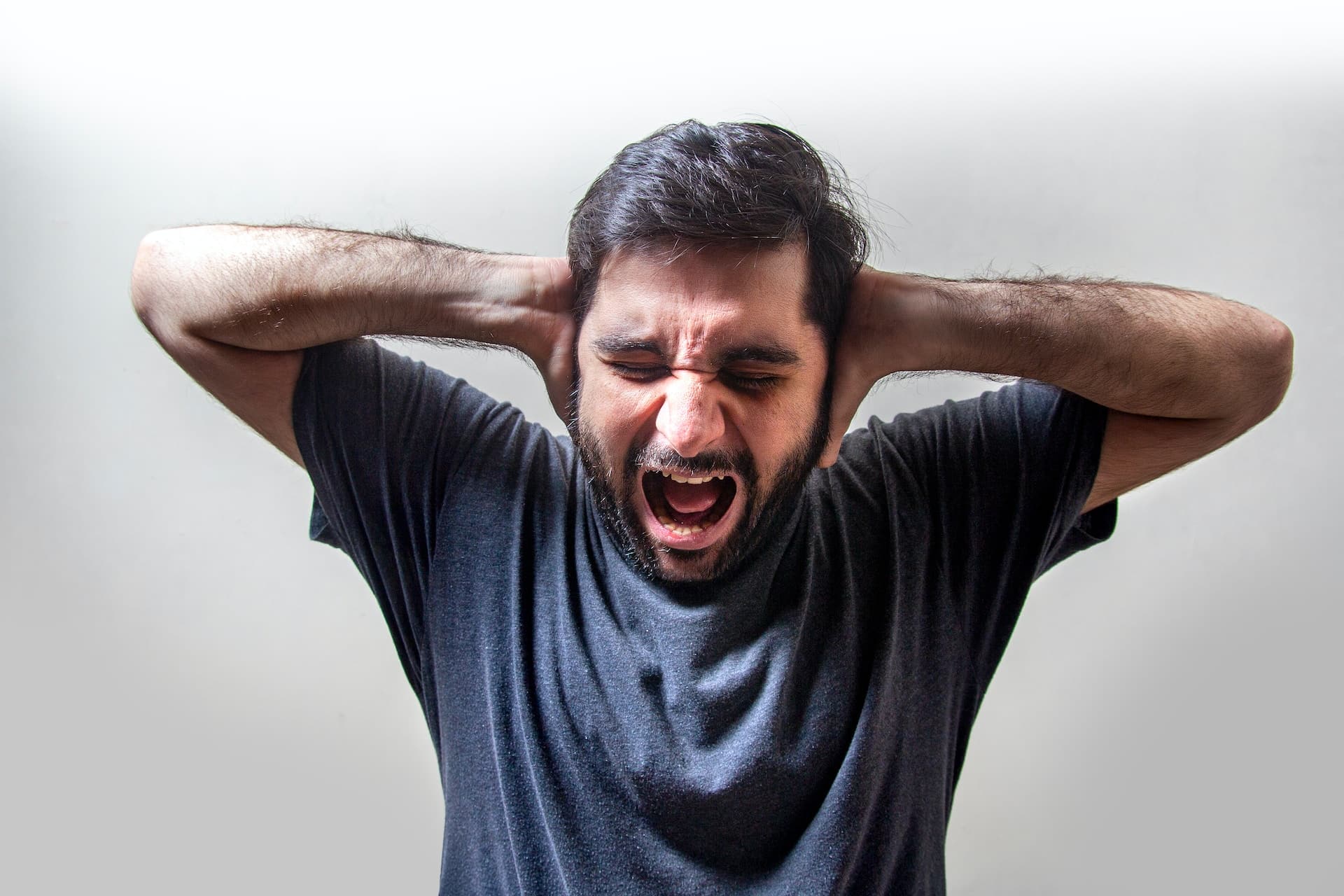Facing the harsh reality of life, we all, at some point, deal with situations that make us anxious. While a certain amount of anxiety is natural and even healthy, for some people, these feelings of anxiety can spiral into terrifying anxiety attacks. Understanding panic attacks or anxiety attacks, as they are often called, and learning how to cope with them is crucial, not just for the individuals suffering from them, but also for those around them.
Understanding Anxiety Attacks
Before we delve into how to deal with anxiety attacks, it’s critical to understand what they are and why they happen. Anxiety disorders are among the most common mental health issues, affecting millions of people worldwide. The feelings of panic and fear, the hallmark symptoms of an anxiety attack, can be incredibly intense and overwhelming.
A lire en complément : How can you prevent osteoporosis naturally?
Anxiety attacks can happen unexpectedly or could be triggered by a specific situation, depending on the person. During an anxiety attack, people may feel like they’re losing control or even dying. They may experience a rapid heart rate, sweating, shaking, shortness of breath, hot flashes, and a feeling of detachment from reality.
These attacks are usually linked to anxiety disorders, including generalized anxiety disorder, panic disorder, and social anxiety disorder. While it’s not entirely clear why some people are more prone to anxiety attacks, it’s thought to be a combination of genetic, environmental, and psychological factors.
Cela peut vous intéresser : What is the best way to prevent muscle strain?
Recognizing The Symptoms
Recognizing the symptoms of an anxiety attack is the first step towards managing it effectively. The symptoms may vary from person to person, but there are common signs that usually occur before or during an attack.
These symptoms can include intense fear or discomfort, palpitations, trembling, feelings of choking, fear of losing control or going crazy, and fear of dying. Physical symptoms might also include sweating, nausea, or abdominal distress, chills or hot flashes, numbness or tingling sensations. Some people might also experience derealization, or a feeling of being detached from oneself.
Recognizing these signs can help you to take action sooner and seek the appropriate treatment and support.
Seeking Professional Help
If you are dealing with anxiety attacks regularly, it’s important to seek professional help. Mental health professionals such as psychologists, psychiatrists, and therapists can provide you with the tools and strategies to manage your anxiety effectively.
Treatment for anxiety attacks often includes cognitive-behavioral therapy (CBT), which helps you to identify and change thought patterns that lead to anxiety and fearful behavior. You might also be taught techniques for relaxation and deep breathing to help manage the physical symptoms of an anxiety attack.
In some cases, medication may be recommended. Medications such as selective serotonin reuptake inhibitors (SSRIs), benzodiazepines, or beta-blockers can help to reduce the frequency and severity of anxiety attacks. However, it’s essential to discuss the potential benefits and risks of these medications with your healthcare provider.
Self-Management Techniques
Along with professional help, there are several self-management techniques that can help you to deal with anxiety attacks. These techniques often involve lifestyle changes and might include regular physical activity, maintaining a balanced diet, reducing caffeine and alcohol intake, and ensuring adequate sleep.
One particularly effective technique is deep breathing. When you’re anxious, your breathing can become quick and shallow, which may perpetuate feelings of fear and anxiety. Deep breathing can help to reverse these physical sensations and promote relaxation.
Mindfulness and meditation can also be beneficial. These practices can help you to stay grounded in the present moment and reduce feelings of panic and fear. Regular practice can help you to manage your anxiety more effectively and reduce the likelihood of future attacks.
Building A Support Network
Finally, building a support network can be a valuable part of managing anxiety attacks. This could include family and friends who understand your condition and can provide practical and emotional support. You might also find it helpful to connect with others who are dealing with similar challenges, such as through support groups or online communities.
Remember, having an anxiety disorder is not a sign of weakness. It’s a legitimate, recognized mental health condition that requires appropriate treatment and care. With the right help and strategies, you can manage anxiety attacks effectively and live a fulfilling and healthy life.
Keeping a Panic Attack Journal
Keeping a panic attack journal is an extraordinary method for dealing with anxiety attacks. This involves documenting your attacks in detail, including what triggered them, how you felt before, during and after the attack, and what helped you to calm down.
Recording your panic attacks can help you to understand your triggers, recognize early symptoms, and identify effective coping strategies. It can also be useful to bring to therapy sessions or appointments with your health care provider. They can use this information to better understand your condition and tailor a treatment plan to your needs.
You may want to include a variety of information in your journal, such as the date and time of the attack, the severity of your symptoms, any potential triggers, and how you managed the attack. You could also note any changes in your lifestyle, such as diet, sleep patterns, or stress levels, which may impact your anxiety levels.
Keeping a journal can serve as a form of self-care. It provides an outlet for expressing your feelings, which can be therapeutic in itself. It can also be reassuring to look back and see that you’ve successfully overcome panic attacks in the past.
Conclusion
In conclusion, dealing with anxiety attacks is a daunting task, but it’s far from impossible. Understanding what anxiety attacks are, recognizing the symptoms, and seeking professional help are crucial steps towards managing this mental health issue. Furthermore, incorporating self-management techniques such as maintaining a healthy lifestyle, practicing deep breathing and mindfulness, and keeping a panic attack journal can significantly help to reduce the frequency and severity of attacks.
Building a supportive network is just as crucial. Having people around you who understand your condition and can offer support during difficult times can make a world of difference. Remember, suffering from an anxiety disorder is not a sign of weakness. It’s a condition that affects millions of people worldwide, and with the right help and strategies in place, you can lead a balanced and fulfilling life.
Keep in mind that everyone’s experience with anxiety disorders is unique. What works for one person may not work for another. But by seeking help and exploring different treatment options, you’ll increase your chances of finding what works for you. Remember, you’re not alone in your journey. Help is available, and there’s no shame in reaching out for it. It’s an essential part of managing your condition and improving your quality of life.











